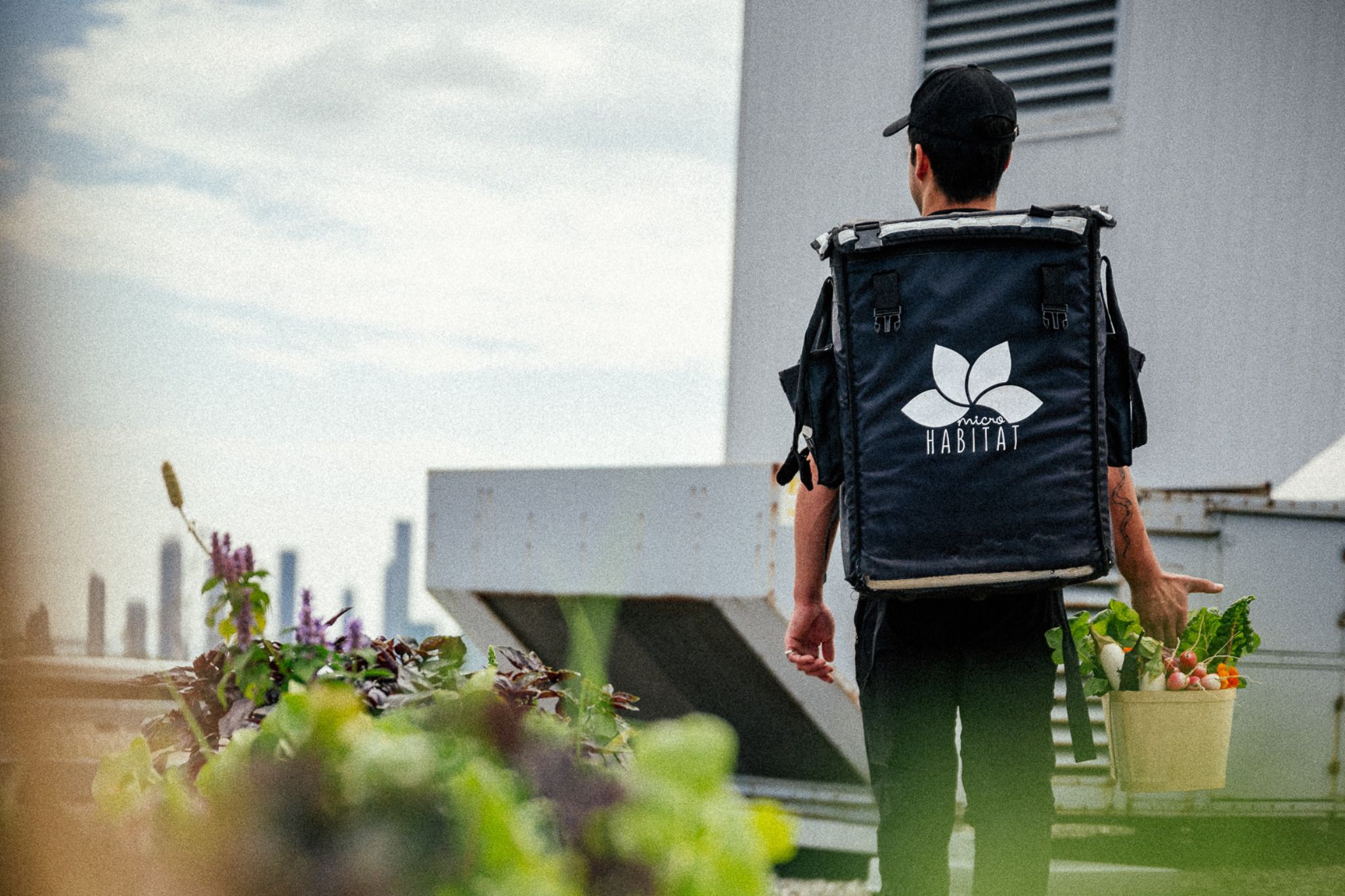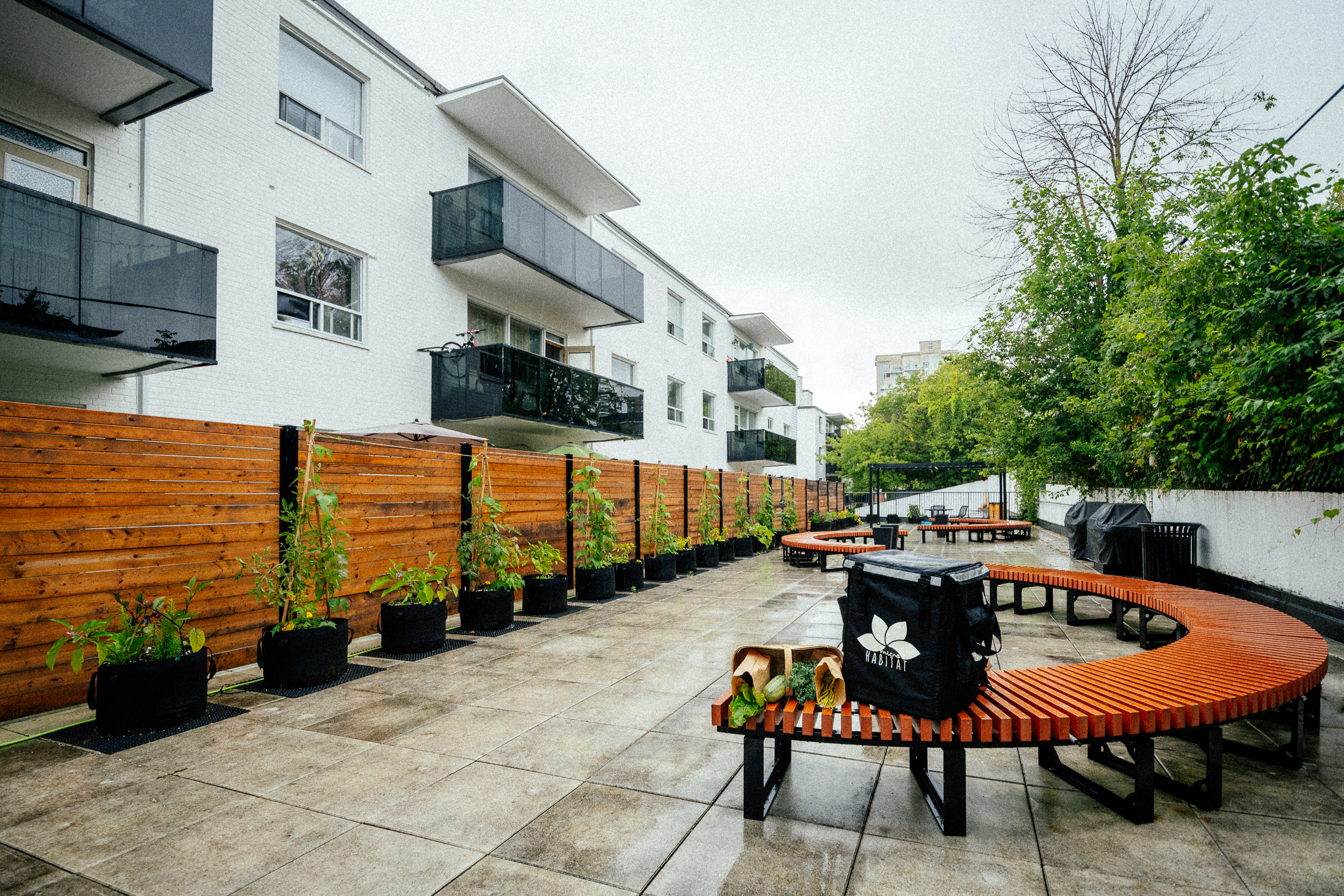M
Rose Fox
March 23, 2021
About Rose Fox
M
Rose Fox
MicroHabitat transforms urban spaces into sustainable food production systems through innovative urban farming solutions. We provide expert consultation, installation, and maintenance services to help organizations create vibrant, productive green spaces that enhance biodiversity and engage communities.
Related Articles

Creating a Sustainable Brand: How Urban Farming Can Set Your Company Apart
As sustainability becomes a key priority for both consumers and businesses, urban farming presents an innovative way to elevate your brand's green credentials.
February 19, 2025

Cultivating Wellness with Sainte-Justine Hospital
MicroHabitat's collaboration with Ste-Justine Hospital illustrates the transformative power of urban farming.
December 20, 2023

Why BREEAM is Gaining Traction in the USA
BREEAM (Building Research Establishment Environmental Assessment Method), the world's leading sustainability certification, is gaining significant traction in the U.S. market.
February 19, 2025
